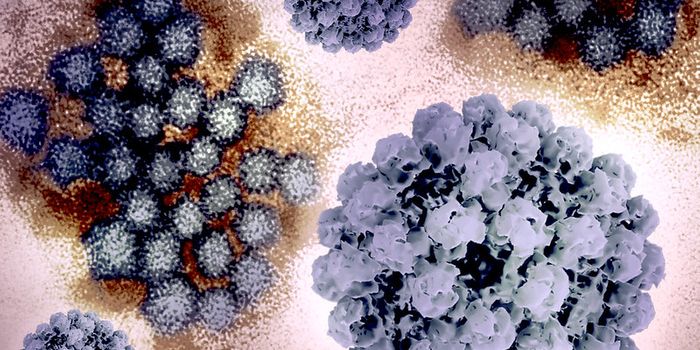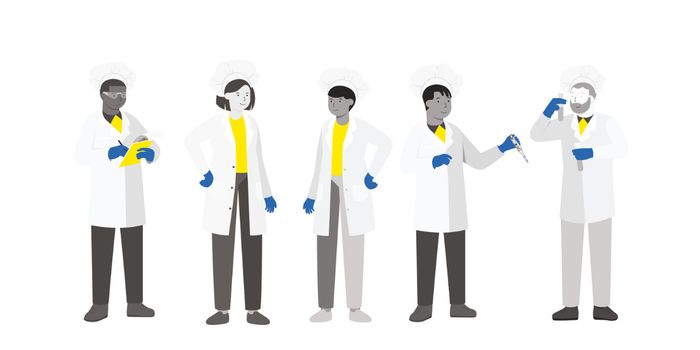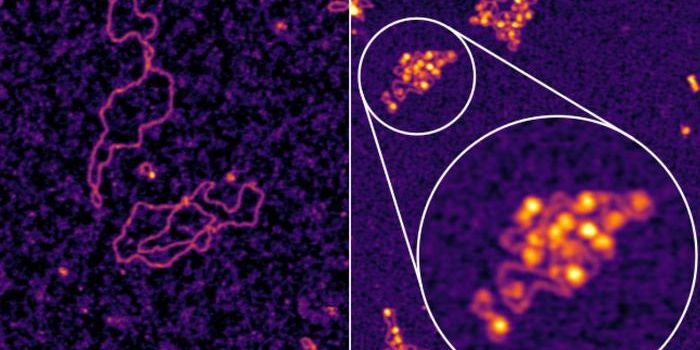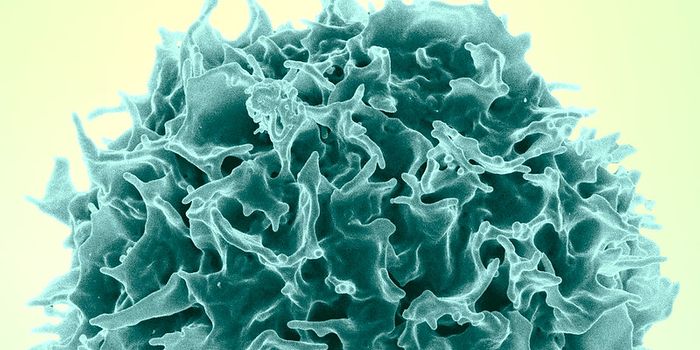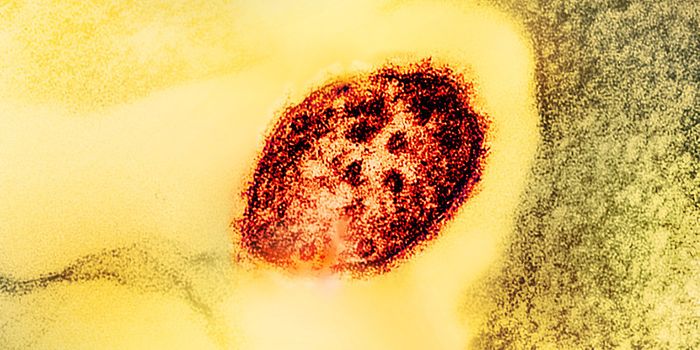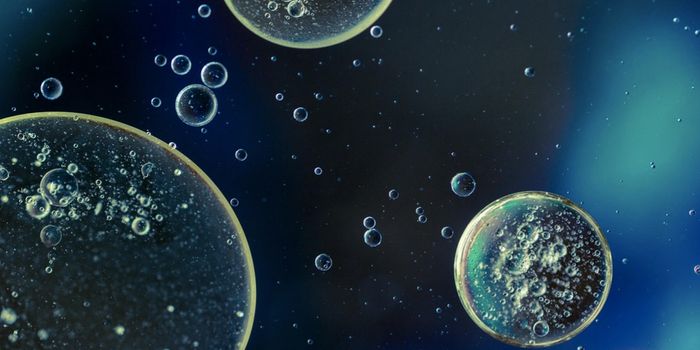Deep-Sea Microbes Are 'Invisible' to the Human Immune System
Scientists took an exploratory journey to a place in the central Pacific Ocean in Kiribati called the Phoenix Islands Protected Area, where marine and terrestrial habitats are preserved. They looked for new microorganisms 3,000 meters below the surface. Not only did they discover microbes that humans have never encountered, they also found that the human immune system probably does not react to many of these microorganisms. These bacteria may help us learn more about how the immune system responds to foreign organisms. The findings have been reported in Science Immunology.
“Our team discovered and cultured novel microbes that are completely immunosilent to human immune systems,” said one of the co-lead study authors Randi Rotjan, a Boston University (BU) College of Arts & Sciences research assistant professor of biology. Rotjan noted that this was a completely unexpected discovery.
This research has suggested that our immune system does not have 'universal' protection against potential pathogens and that they may not react to any bacteria they encounter. The bacteria's environment is one that does not contain any mammals. Some microbes are totally defined by their local habitat, the study authors suggested. Considering that some microbes have evolved to live in symbiosis with other organisms and in some cases, they are completely dependent on one another, that's not a total surprise.
In this study, the researchers isolated microbes they found and removed a membrane that surrounds them called a lipopolysaccharide shell. The scientists tested how various types of cells growing in culture reacted to about 50 strains of these novel microbes. In 80 percent of cases, the mammalian cells did not have an immune response against the bacteria.
"All bacteria cells have an outer coating. Lipopolysaccharide, or LPS, is the outermost layer of the bacterial membrane. This outermost layer is what allows other organisms to recognize it. LPS receptors of human cells, mice, and horseshoe crab, were unable to detect 80 percent of deep-sea bacteria examined. Now that we know this, there is a pressing need to learn more about host-microbe interactions in every ecosystem, as new discoveries may be made in each habitat," Rotjan said in an interview with BU's The Brink.
"This opens up the potential for new biological tools and therapeutics. For example, using the silent bacteria as a way to deliver medicine or an immune therapy. A mechanistic understanding of our own immune system, coupled with an increased understanding of deep-sea life, opens up new avenues of science to simultaneously help human health while also providing important justification for increasing ocean protection," said Rotjan.
"The diversity of microbial life and the chemical structures they express in the deep sea are totally underexplored. This paper provides the first detailed examples and lays the foundational groundwork, but there is so much more to be done. Now that we have this new way of understanding LPS interactions with human cells, we can use this to understand more about mammalian immune systems: such as probe the origins of immune response, identify nuances in signaling pathways of microbial recognition, and increase the potential for immunotherapeutics.
Sources: Boston University, Science Immunology


